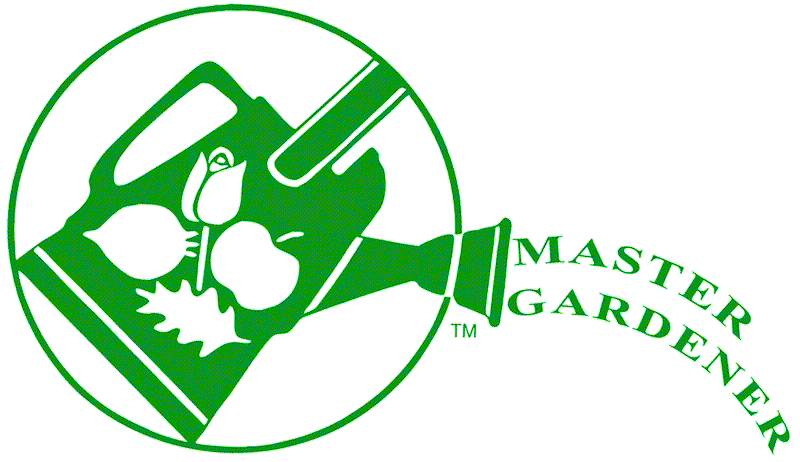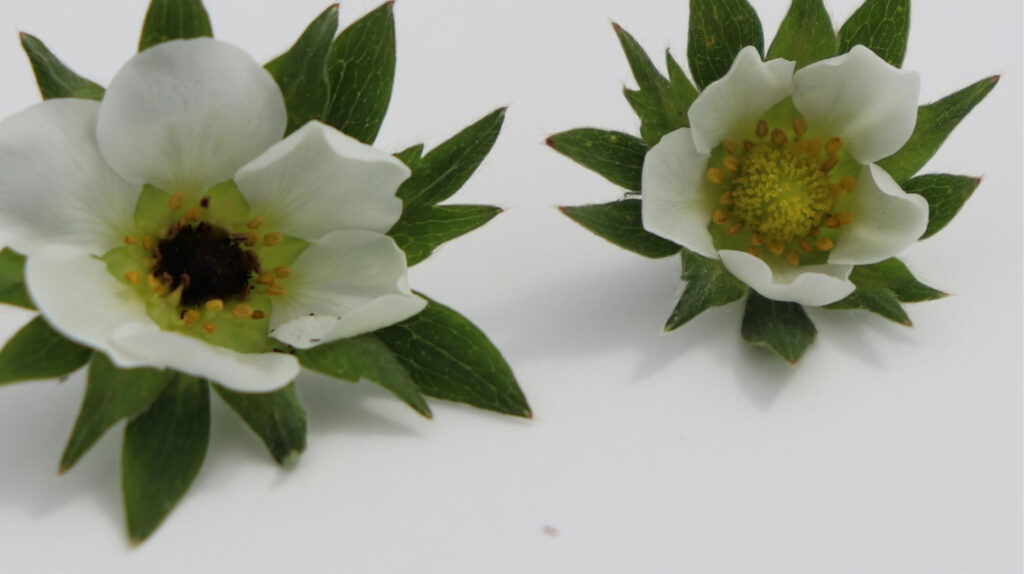Gardeners are usually faced with a challenge or issue during the growing season. Whether it is invasive insects, plant disease or weeds, it can be very frustrating. One issue I have noticed the last couple of years is that our weather is changing.
I recently attended the International Master Gardener conference in Kansas City which was a great learning experience. Dr. Charles Rice of Kansas State University was one of the keynote speakers. His presentation was on ‘Challenges of Gardening in a Changing Climate.’

Dr. Rice specializes in soil microbiology, carbon cycling and climate change. His extensive research has gained him important knowledge which he shared some of that with us at the conference. You wouldn’t think the global issue of climate change would affect our gardens, but it does and will be an increasing challenge in the years to come.
Dr. Rice stated it is not just the increase in temperature but also our precipitation is changing. In some areas in North America, it is 20-30% drier. Whereas, in other regions, there is an increase in rainfall. Dr. Rice explained the future will see more intense rain events, followed by longer extended droughts. He also stated there will be more erratic temperature swings occurring in the spring and in the fall. This spring in our area, we witnessed an abnormally warm April, then rain, followed by a very dry May.
In his presentation, Dr. Rice said increasing summer heat in some regions is stressing plants. He mentioned with intense heat, pollen of plants will go sterile. This certainly could be an issue in some plant crops.
2023 was the Hottest Year on Record
According to some statistics I found, the summer of 2022 was officially the third warmest in Canada’s history with the summer of 2021 and 1998 hotter. Temperatures across Canada were 1.6 degrees Celsius above normal. 2023 was an astonishing 2.12 degrees Celsius hotter! As for this summer, the forecast is for the summer sizzle will return.
Climate change also affects pests and diseases. As temperatures increase in Canada, invasive insects migrate up from the south. The change in wind direction, especially warm winds from the south, can contribute to an increase in plant viruses and diseases moving into our region.
So how do gardeners deal with challenges of climate change?
It starts with good soil health, Dr. Rice said. Building up our soil with compost and manure helps restore soil carbon and its structure. And by adding organic mulch to our gardens cools the soil, retains the moisture during dry periods, suppresses weeds as well as it will improve infiltration.
In Dr. Rice’s presentation, he listed some ‘climate smart gardening’ tips. Besides the soil health, he said plant selection is also another key component in our gardens. Using perennials that have deep root systems is important for erosion control but also provides to fertility and stable carbon storage in soils. The diversity of our plant choices for our gardens should include native plants for their adaptability and pollinators they attract. As for annuals, they should be heat and drought tolerant.
The practice of ‘smart watering’ should be essential component of our gardening ritual. The use of rainwater collection, water reuse as well as limiting our watering to early morning when temperatures are cooler, gives the plants time to absorb the water before the heat of the day.
The only constant is change. But how we adapt to that in our gardens, will help to overcome some of the horticultural challenges.




About The Author: Nancy Abra
The family kitchen garden has always been a big part of my life from the early days growing up on a farm to current days gardening near Thorndale, Ontario.
I have honed my gardening knowledge with various courses including a certificate in Horticulture from the University of Guelph, ongoing training with the London Middlesex Master Gardeners, active membership with the local Horticultural Society and as a volunteer gardener at Fanshawe Pioneer Village, It has always been important to me to feed my family from the best of my garden or from locally grown produce. For almost 50 years of preserving, canning, pickling, and using heirloom recipes including some of my own creations, I have developed tasty preserves for my family and friends which I market locally with the brand name "From My Garden".
More posts by Nancy Abra